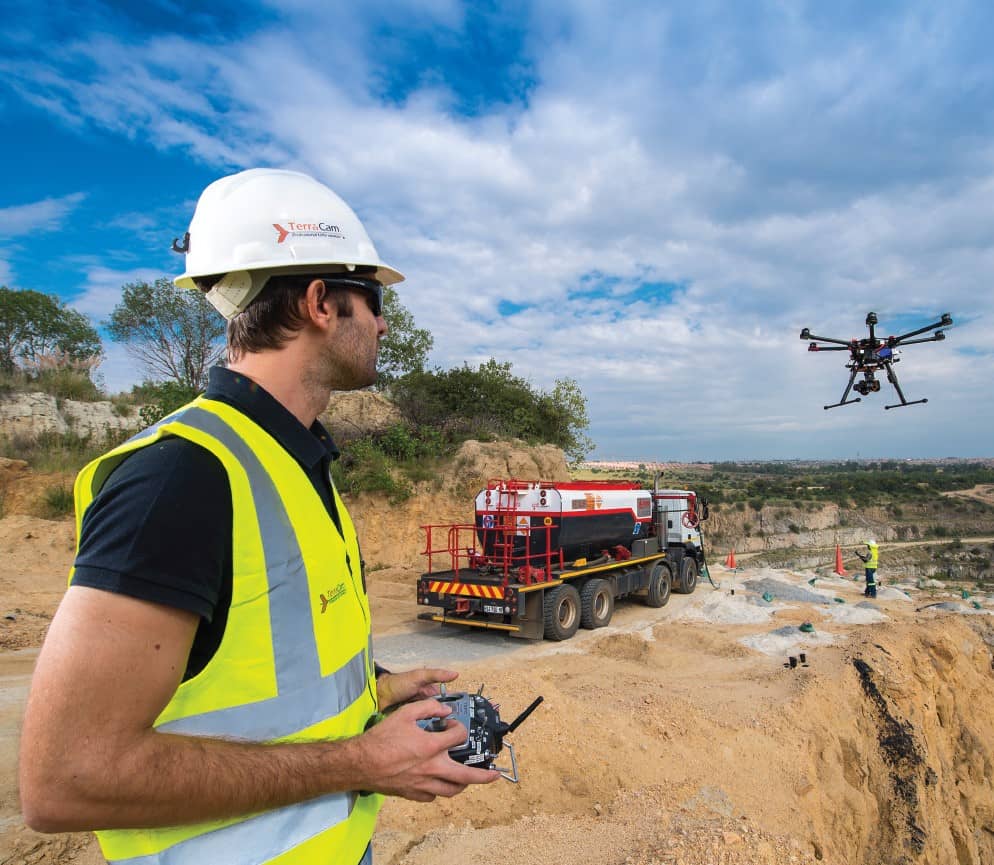In their quest to improve productivity, safety and efficiency, local quarries are fast turning to electronic detonation systems, moving away from the traditional pyrotechnic methods. Leading mining explosive and blasting technology supplier, BME, reports increased uptake of electronic detonators in the South African quarrying sector, with an annual conversion rate of 12-14%.
Key takeaways (TLDR)
- BME reports an acceleration in the uptake of electronic detonation systems in the South African quarrying sector
- The increased uptake is supported by the increased demand for quarry products such as aggregate stone, for example, as road maintenance contracts start picking up again after a long period of stagnancy
- Where there was some resistance due to pricing, operators are realising that electronic detonators can allow greater burden and spacing – which outweighs the higher per unit cost
- Another key driver of the trend towards electronic detonators is the bottom-line value that they bring to quarries. The accuracy and reliability of these detonators brings more energy to the rock and delivers better fragmentation
Traditionally, the take-up of electronic detonation technology has been high in the mainstream mining industry. While the quarrying industry has been exposed to electronic blasting systems, the uptake over the years has been generally modest, with the perceived high cost of the technology presenting the major hurdle in the quarry operator’s mind. However, this is changing, as quarry managers understanding the benefits of the technology better.
Hennie Du Preez, Manager for AXXIS Support at BME, tells Quarrying Africa that the company has seen an acceleration in the uptake of electronic detonation systems in the South African quarrying sector, with the industry fast moving away from conventional pyrotechnic methods.
“There has been a steady shift in approach among quarry management and operators as they witness the benefits of electronic technology at competitor operations and start applying it themselves,” he says.
Du Preez adds that there is always some inertia when transitioning from a well-known traditional way of doing things, but the sector is now actively embracing the value and ease-of-use of electronic detonation systems.
“Where there was some resistance due to pricing, operators are realising that electronic detonators can allow greater burden and spacing – which outweighs the higher per unit cost. This is complemented by a range of other benefits such as higher safety levels, more blast control and better fragmentation, which deliver much more downstream value to the whole operation,” says Du Preez.

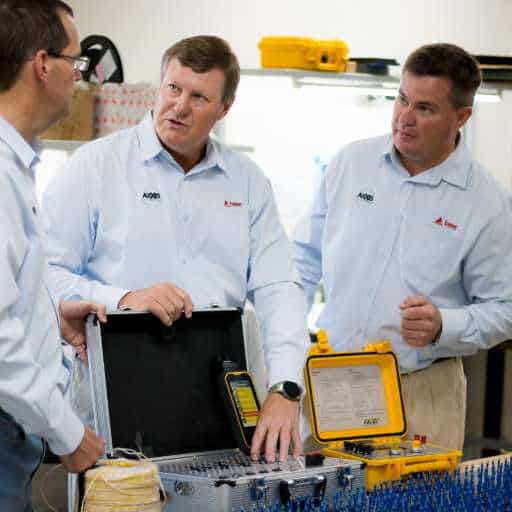
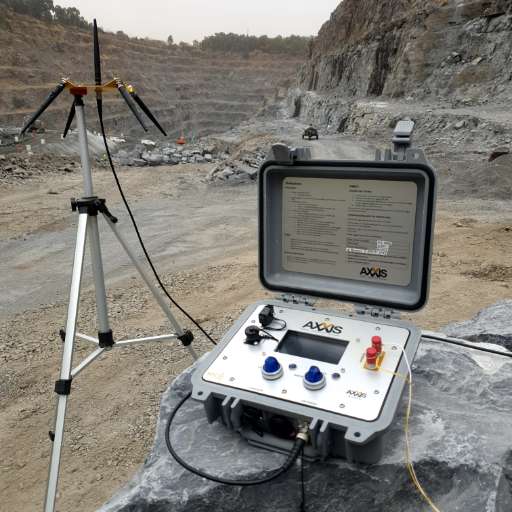
Tinus Brits, Global Product Manager for AXXIS at BME, says the company has seen a conversion rate of 12-14% each year, as more quarries move toward electronic detonators. This conversion rate, he says, is supported by the increased demand for quarry products such as aggregate stone, for example, as road maintenance contracts start picking up again after a long period of stagnancy.
“Many quarries now need to raise their production rates, and using electronic detonators is an important part of this effort – as it helps quarries to become more efficient,” says Brits.
Key drivers
Commenting on some key drivers behind the increased uptake of electronic detonation systems, Du Preez says, from a regulatory perspective, the regulator, the Department of Mineral Resources and Energy (DMRE), is pushing quarries to adopt technologies that make operations safer.
“These systems allow safer blasting for a few reasons. Firstly, there is little risk of unintended detonation, as the blast command is encrypted. With our AXXIS Silver system, we even have a dual basis of safety through our innovative use of both dual capacitors and dual voltage. Secondly, the blasts can be better controlled, which means less risk of flyrock or vibration damage; this is becoming more important for quarries as urban settlements expand and encroach on quarry boundaries,” explains Du Preez.
A further safety benefit, he adds, relates to risks outside of the quarry itself. While pyrotechnic detonators have been used for criminal purposes, electronic detonators are unlikely to be used in this way as they require a whole detonation system to make them work. In addition, electronic detonators can be readily tracked from source to site, ensuring that every detonator that is manufactured can be closely monitored until it is initiated in the blasthole.
“Another key driver of the trend towards electronic detonators is the bottom-line value that they bring to quarries. The accuracy and reliability of these detonators brings more energy to the rock and delivers better fragmentation. This in turn means a smoother process with less time spent breaking over-sized material. It improves the loading and hauling efficiency, while reducing the energy required in the crushing and screening process,” says Du Preez.
The power of digital technology, he adds, also means that every blast can be carefully planned and tested before being fired. This means that the risk of a misfire is eliminated, making the most of every resource and ensuring a quality blast every time.
Key benefits
It is a known fact within the industry that electronic detonators deliver an array of benefits. Brits explains that, with the accuracy of its delays, the technology allows quarries to optimise their rock fragmentation. This in turn eases the duty that crushers must perform in getting the blasted material to its required sizes. This factor is significant for quarries, which tend to use smaller jaw crushers than mines – so they need material to be well fragmented.
The enhancement of safety levels with the AXXIS Silver generation includes using both a dual voltage and dual capacitor to eliminate the risk of unintended detonation. Its Swiss-designed application-specific integrated circuit (ASIC) chip gives the system even more internal safety gates – including against stray current and lightning. Electronic detonators can only be initiated by a robust, encrypted blast command.
AXXIS to the fore
BME has made the most of these benefits with its AXXIS Titanium system. The company has however slimmed this down to the AXXIS Silver system for quarries to have all the state-of-the-art advantages in a more cost-effective package for smaller operations.
“Quarry operators can use our digital suite of solutions to get full value from our electronic detonators. This includes using our BlastMap planning software to plan and simulate each blast – and we see that most quarry operators are now going this route,” says Du Preez.
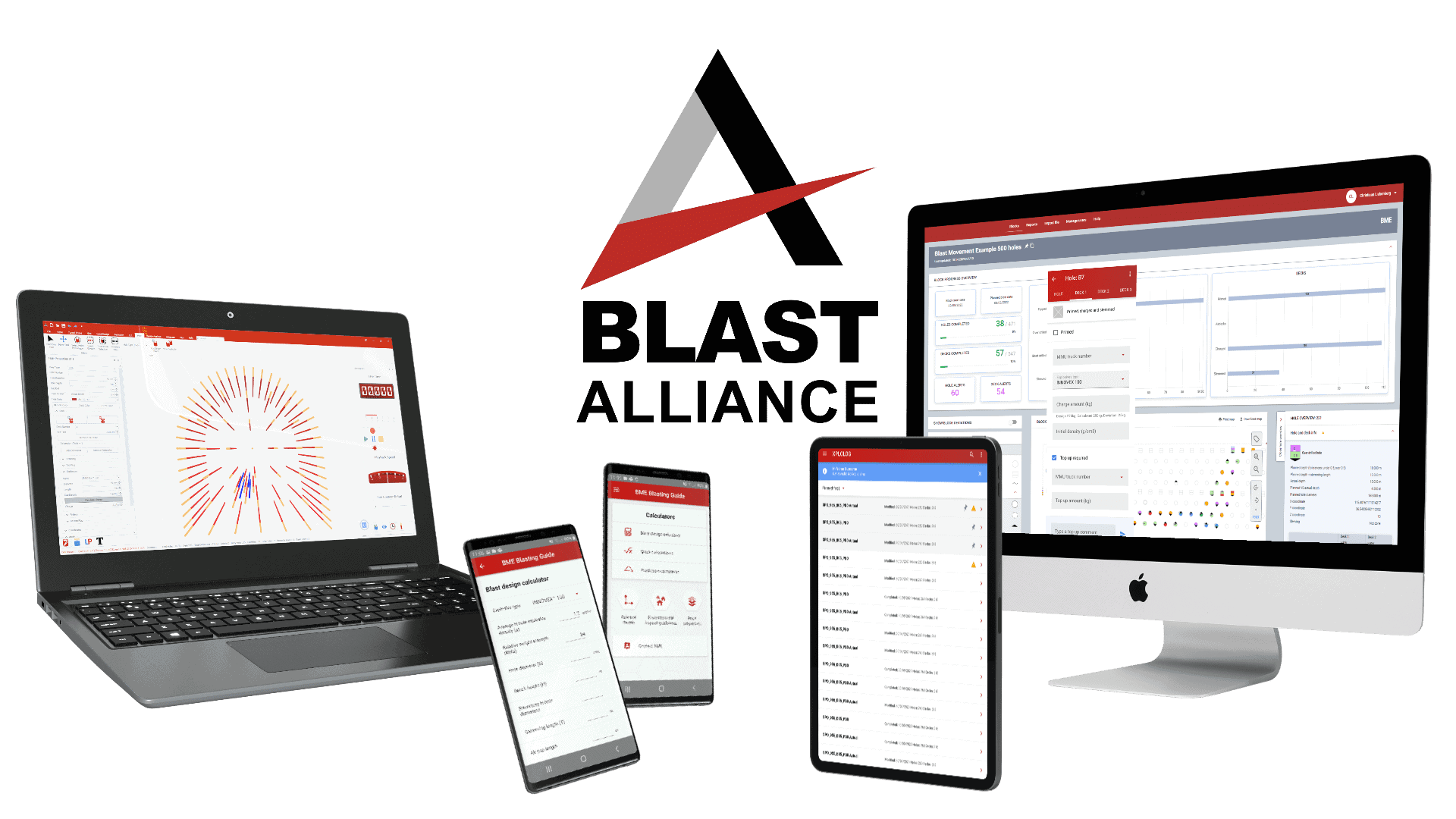
In fact, BME can integrate with any third-party blast design software; the design of the blast can be done by a third party anywhere in the world – and they can send it for BME to simulate the blast. Once the design is finalised, BME can transfer the data to a logger, which programmes all the detonator’s timing.
“There is also GPS capability when logging the detonators, so that users can track exactly where each unit is located. The beauty of electronics is that you can change the parameters during the design phase as often as you like, and then simulate it to test the results,” he says.
Large footprint
BME has a large footprint of quarrying customers around South Africa, and the company has noted a steady conversion to electronic detonation systems. “We are also getting daily enquiries from other quarries that have heard about the improved results being achieved elsewhere by using the AXXIS Silver. Operators have also found the cable to be easy to lower into the blasthole, and they do not have the problem of boosters floating on the water,” says Du Preez.
The support that is provided to implement electronic systems is also important to quarry operators, who need to know that their supply partner will be there to assist if and when challenges arise – as well as to train operators to master the new systems.
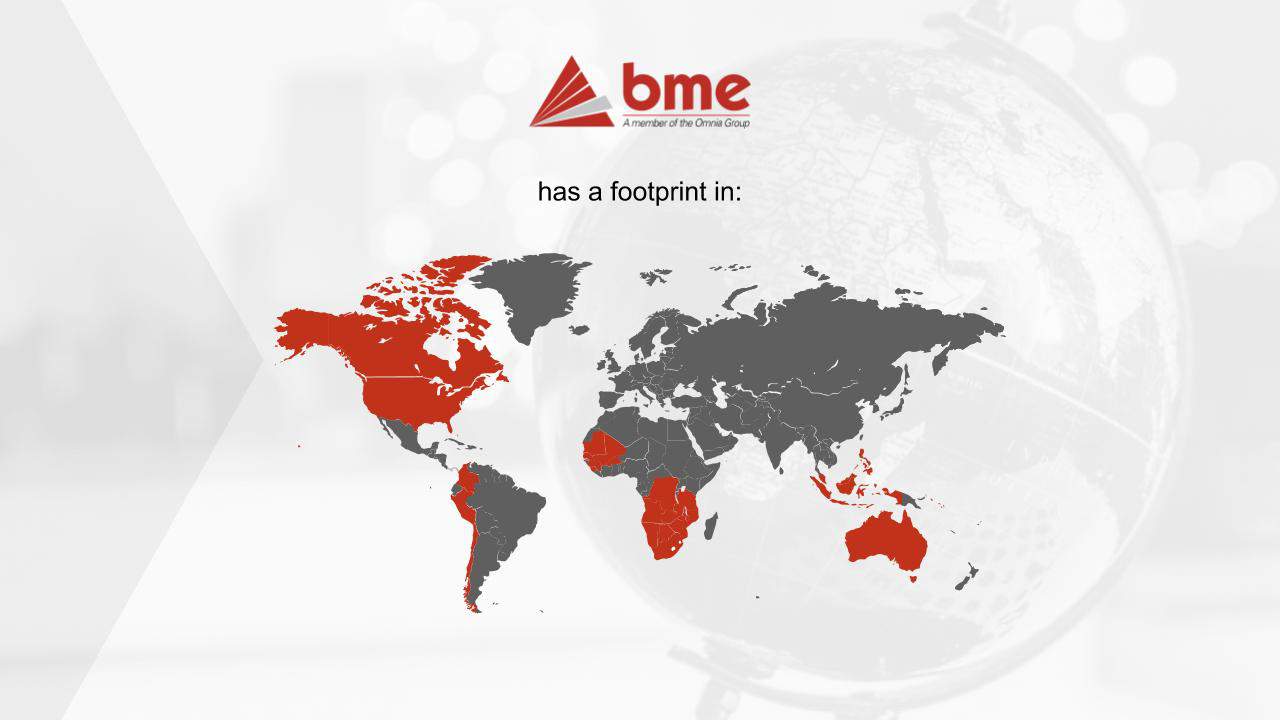
According to Brits, BME is well known for the reliability and security of its supply chain. “We have localised our supply chain, with only a small portion of imported raw materials – reducing the risk of disruption. Quarrying, like mining, is a production-driven business that needs to blast regularly and often; for companies like BME, this leaves no room for error, so we are proud of the fact that we can deliver the goods whatever the conditions,” he says.
As a leader in electronic detonation systems, BME is constantly driving this technology forward using the latest developments available. “Our AXXIS Titanium and AXXIS Silver brands are our third-generation products, and we are already working on what we want the fourth-generation equipment to embrace. We know the features that customers want us to develop further, and are working on aspects such as communication, even longer blast windows and robust wire technology,” concludes Du Preez.
Originally published in Quarrying Africa (page 52):
https://quarryingafrica.com/magazines/vol-2-issue-4/




